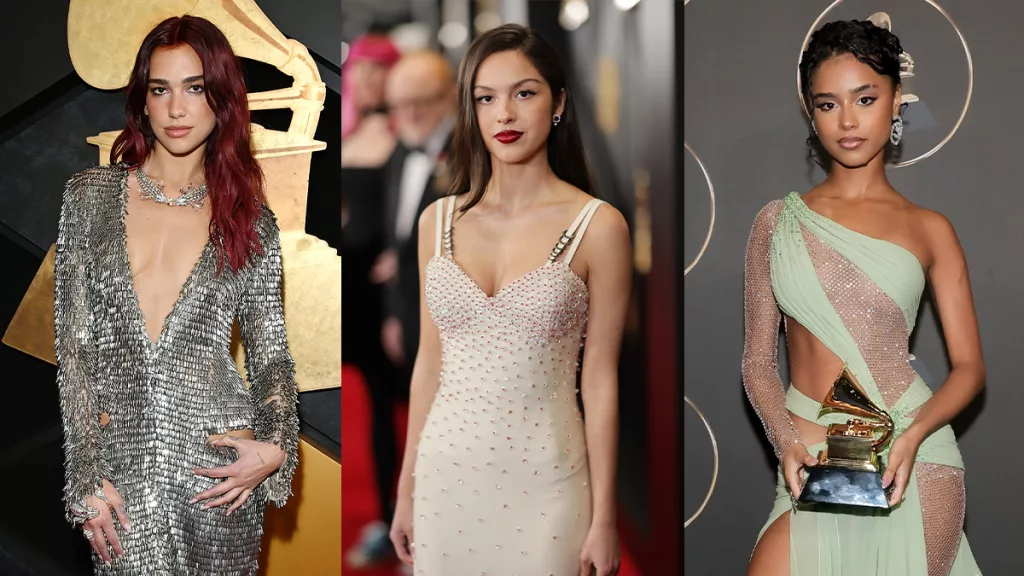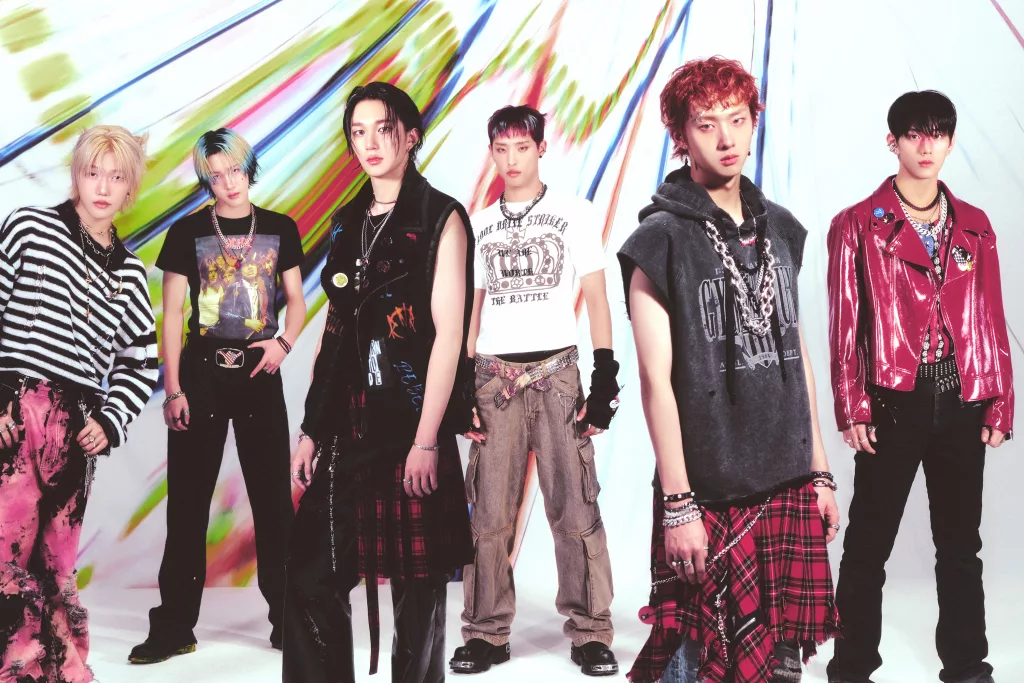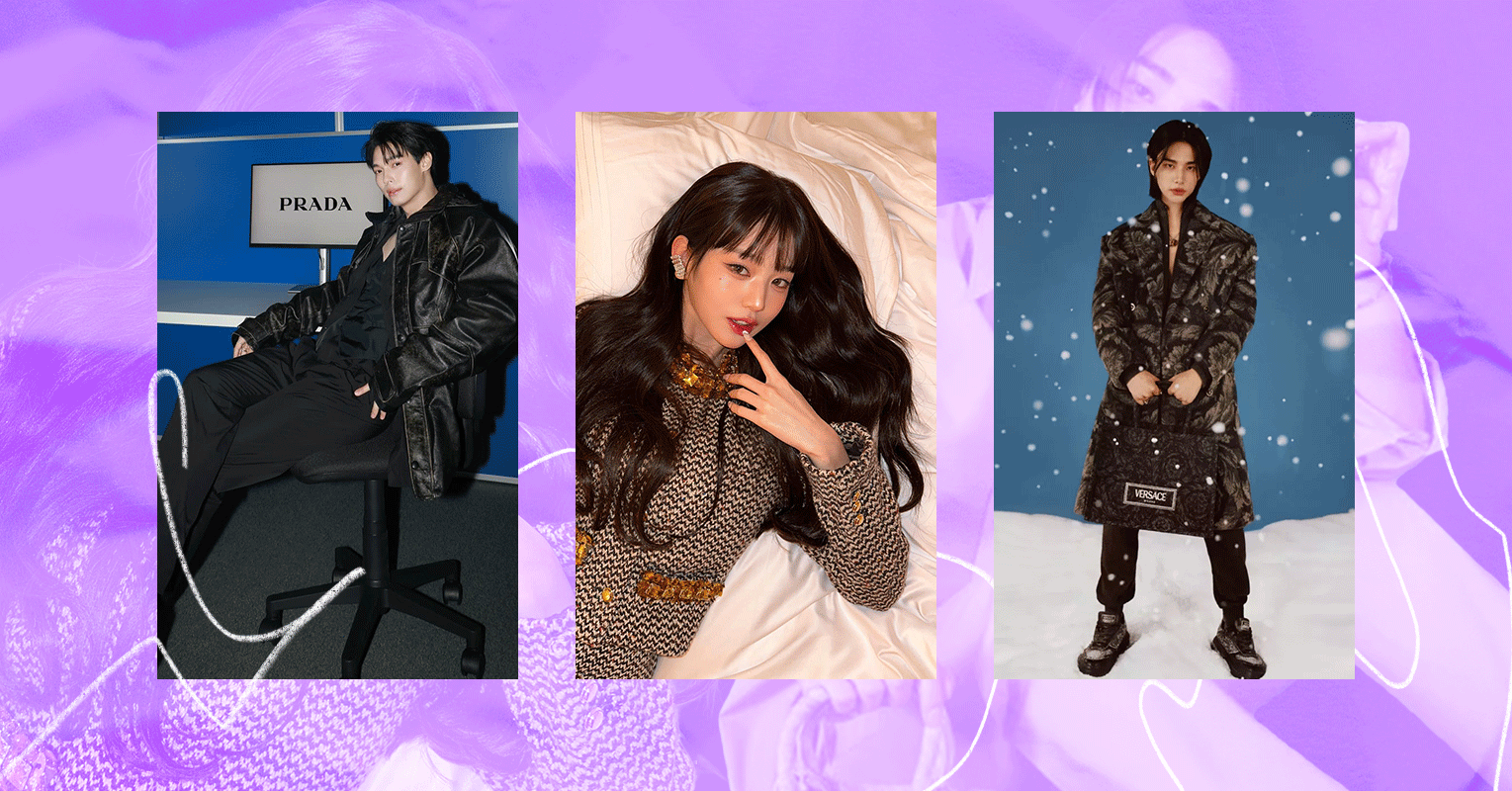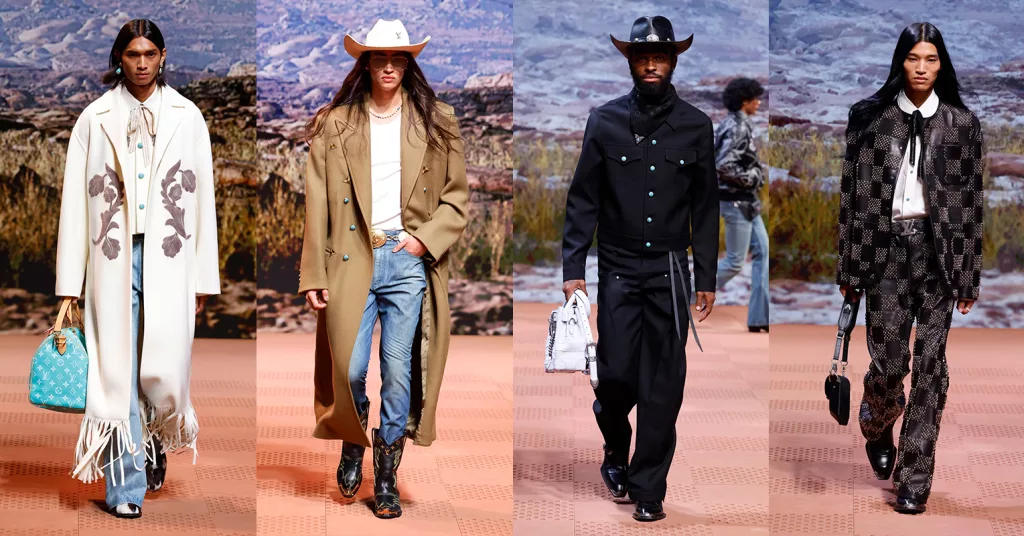5 API Sundance Films Reimagining Non-Traditional Love Stories
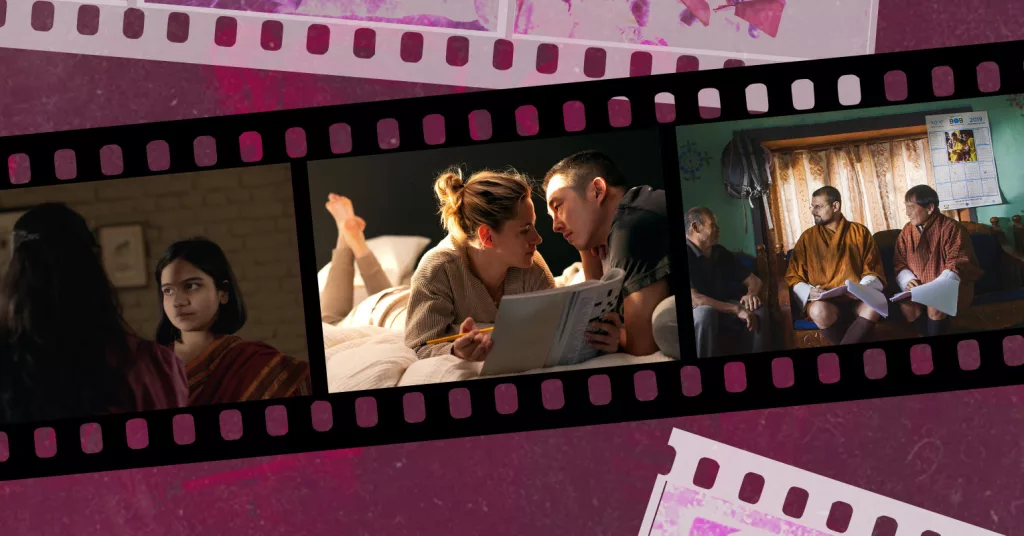
In a cinematic celebration of diversity, the 40th Sundance Film Festival boasts an array of refreshing love stories that challenge conventional romances. These compelling films, in particular, have the spotlight shining on them at this year’s showcase as they reimagine non-traditional love narratives — from the budding romance of first loves to familial bonds and self-love. Although these movies highlight various forms of romances from distinct cultures, the universal connection of love will resonate with audiences of all backgrounds. Check out these five unique love stories from API (Asian/Pacific Islander) films at this year’s Sundance Film Festival’s lineup!
Dìdi (2024): Skateboards, Flirting, and Love
Set against the backdrop of the final summer before high school, this coming-of-age film captures the essence of youthful exploration. As the warm days unfold, our 13-year-old protagonist Chris, played by actor Izaac Wang, seeks independence and self-discovery. The audience is shown how the teenager grapples with his Taiwanese heritage, brushing off microaggressions from his peers. However at the forefront of his mind is the desperate desire to fit in, leading to him often compromising his character just to be liked. The film touches on a poignant reminder of the passing of time and how quickly relationships can change. Balancing the comedic and nostalgic feel of a teen in the late 2000s, Chris’s cringeworthy attempts at being cool are awkward yet endearing. Proof of his maturity is his growing realization and subtle effort to acknowledge his mother’s sacrifices for him.
Drawing from his own life to shape the narrative, Academy Award-nominated director Sean Wang carefully weaves together hyper-specific details of cultural, personal, and societal layers to create the world of Dìdi. The heart of this semi-autobiographical feature revolves around the insecurities of an adolescent Taiwanese American boy. By examining the intricate manifestations of shame that come with puberty, first loves, and struggling with one’s identity, it unravels the complexities of emotions felt during such a transitional period. Sean attributed director Lulu Wang of The Farewell (2019) as someone who provided great insight into the development of the film at the Sundance Creators Lab. With her guidance, Sean was able to achieve his goal of creating a world where every nuance and texture felt genuinely lived in, mirroring the authenticity found in his own experiences.
Love Me (2024): An Unlikely Romance
In this futuristic romantic comedy starring Steven Yeun and Kristen Stewart, audiences are transported to a thought-provoking post-human world where the boundaries of connections are redefined. Yeun and Stewart play AI embodiments of a SMART buoy in the ocean and a satellite circling the Earth. The SMART buoy, “Me,” has been programmed to seek a connection with a living being which they mistakenly form with “Iam,” the satellite. Assuming the literal trope of “fake dating” these two devices explore the complex concept of “love” their predecessors had come to understand. Thrown into a virtual space, they create their strange romance through data compiled from past social media accounts and videos of what “love” is.
This Alfred P. Sloan Prize film’s visionary exploration of romance promises a captivating journey that challenges the nature of deepening relationships. The unique narrative invites viewers to reflect on the essence of human connection and the evolving hopeful nature of love in a world where traditional boundaries are blurred. If even two robots confused by the complex range of human emotions can fall in love, who’s to say there are limits to conventional romance?
Girls Will Be Girls (2024): Unraveling Romance and Growing Desires
Within the confines of a strict Himalayan boarding school, this film centers on 16-year-old Mira, the obedient and proper head prefect in charge of enforcing the school rules on her fellow peers. Burgeoning desires and rebellion tempt her as the teenager comes into her sexual awakening unexpectedly falling for the new boy Sri at school. The innocence of first loves creates tension between the expectations placed upon her and her emerging identity. Mira’s growing feelings are quickly discovered, leading her mother Anila to closely monitor her new relationship within the confines of their home. With an equally disciplined upbringing, Anila, who never had the chance to explore her adolescent emotions properly, begins to toe a dangerous line as she vies for attention from Sri as well. Capturing the complexities of envy that women are forced to feel as they witness younger women reveling in newfound freedoms, the film attempts to show the complicated and imperfect sides of women.
This unique coming-of-age romance focuses on the realization that societal standards have evolved and opportunities for self-expression have expanded in ways unimaginable to those who have lived a sheltered life. Director Shuchi Talati hopes that a film like this will change the expectations viewers have of marginalized filmmakers.“We’re writing for ourselves in a way, we don’t have to highlight an issue to say our stories are important too, please pay attention,” said Talati at the Directing Arab, Asian, and Asian American Narratives panel for Sunrise Collective. Films depicting women from not only diverse generations but underrepresented communities demonstrate the rich tapestry of relatable shared experiences.
Layla (2024): A Transformative Journey of an Arab Drag Queen
In the dazzling world of Layla, audiences are introduced to the multifaceted challenges they face in their day to day. As an Arab drag queen, Layla is a fearless and uncompromising presence on stage. However, they are ripe with contradictions behind the curtains as shown through their constant code-switching and lies. Whether it’s lying and guilt-tripping their white partner Max or hiding who they are from their family, Layla struggles with navigating a genuine relationship and self-discovery.
Despite being an imperfect character, Layla embraces the nuances of the queer intersection by sacrificing parts of themself to please others in a nontraumatic, messy, and fun way that is rare to find in queer media. Director Amrou Al-Kadhi notes that an Arab queer love story like this was hard to produce at first compared to a traditional white romance that required no explanation as to why it wanted to be made. “We had so many people coming up to us saying ‘We want more of the family, we just want to understand everything about this person’s life,’ which you can’t do in a single film,” said Al-Kadhi. The importance of queer love stories without tragedy lies in the celebration of diverse relationships which allows for positive, everyday experiences of love to be represented.
Agent of Happiness (2024): Navigating Self-Love and Joy
This documentary film focuses on Bhutan’s unique state of happiness philosophy through new lenses. The country’s “gross national happiness” index is based on the belief in the well-being of each person to ensure that everyone in the nation is living a fulfilling life. The value of happiness is taken so seriously that there is even an official Happiness Department that makes policies based on whether people are happy or not. Director Arun Bhattarai states that creating the film was a process for himself to understand what happiness means to an individual as opposed to a whole nation.
Amber is one of the numerous agents employed by the Bhutanese government of the Happiness Department to assess happiness levels in the remote Himalayan mountains. He embarks on a profound journey of self-discovery as he evaluates the diverse contentment within various households and lifestyles while hoping to seek love for himself. Directed by Arun Bhattarai and Dorottya Zurbo, they cleverly capture the raw emotional moments between Amber and the people he encounters. The few featured conversations about the citizens’ dreams or joys are heartfelt and remind viewers to appreciate all aspects of life as we reflect on our own happiness.
These five films not only break new grounds in storytelling but also show that love binds us all together. By challenging the norm of the industry and showcasing romances through an API lens, they invite audiences to realize that despite the cultural barriers, the multifaceted universal language of the heart is one anyone can understand.
Want more breakdowns of API films? Check out our interview with Director SUKKI on her short film I See Her (2024) here!
The author’s content and opinions have not been pre-reviewed, approved or endorsed by Discover.
